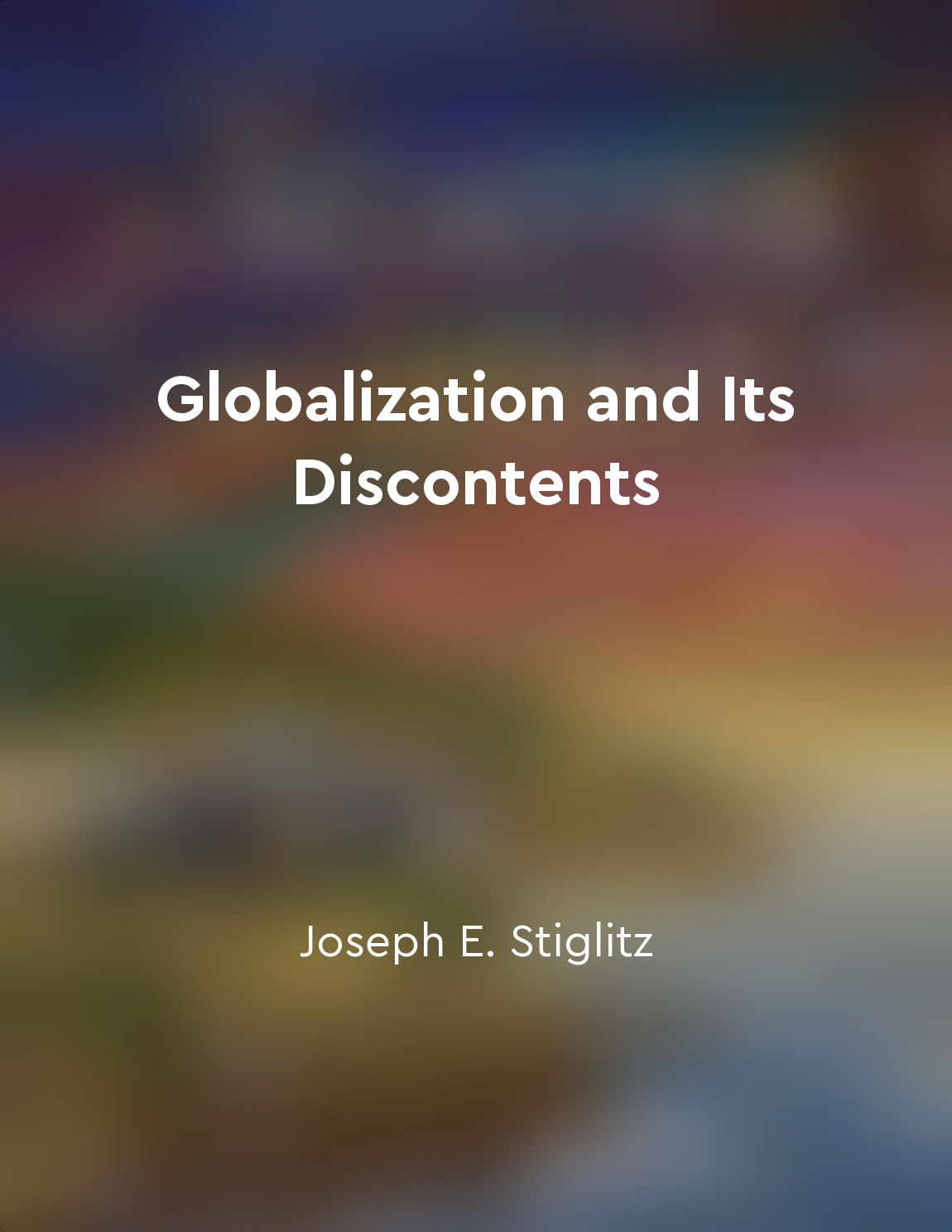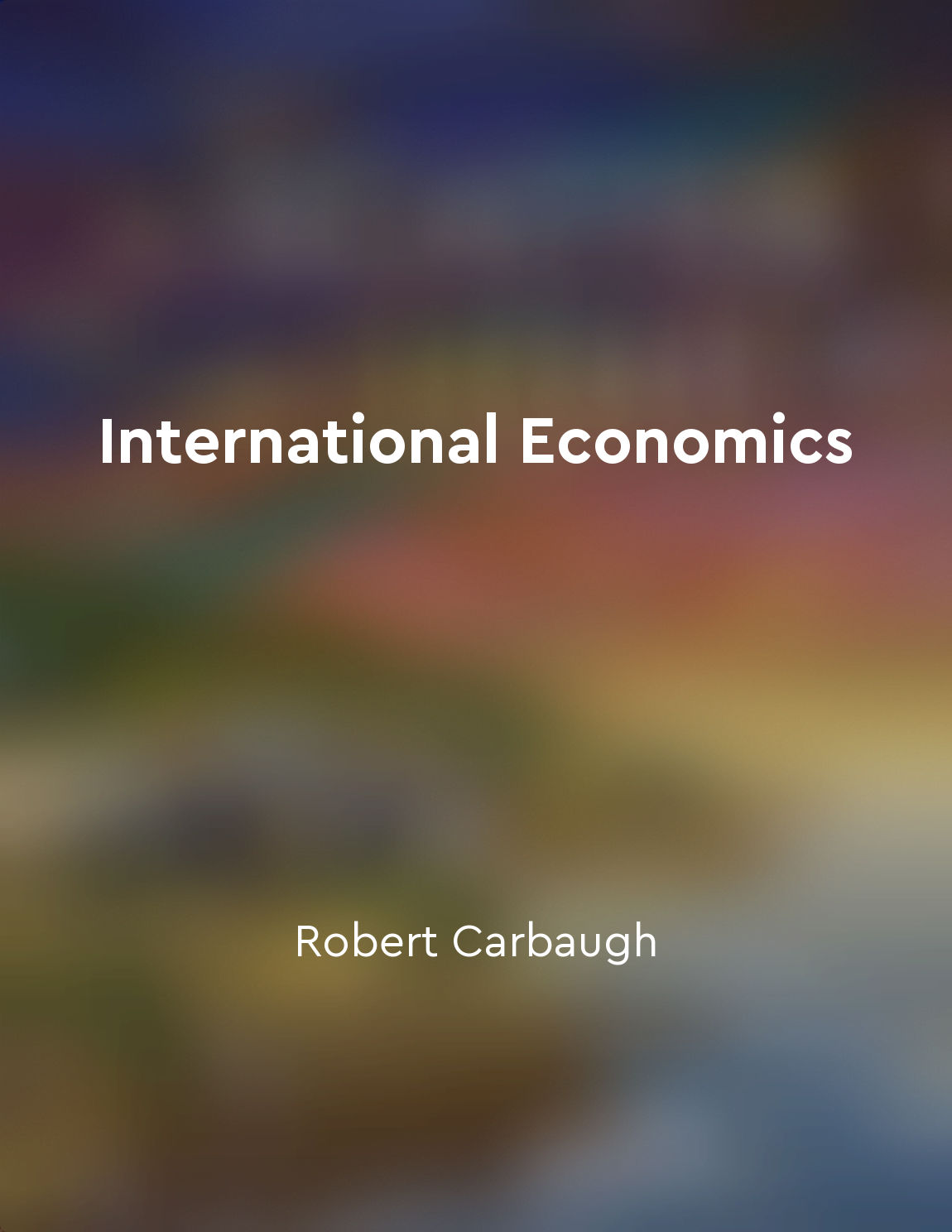Audio available in app
Environmental regulations shape trade policies from "summary" of International Economics by Robert Carbaugh
Environmental regulations play a significant role in shaping trade policies between countries. These regulations are put in place to protect the environment from harm caused by various economic activities, such as industrial production and trade. Countries that have stringent environmental regulations may impose restrictions on imports from countries with lower environmental standards. These restrictions could take the form of tariffs or quotas, making it more expensive or difficult for goods from these countries to enter the market. In some cases, environmental regulations can also be used as a form of protectionism, where countries use environmental concerns as a justification for implementing trade barriers. This can create tension between trading partners, leading to disputes and trade conflicts. For example, a country may argue that certain products from another country do not meet its environmental standards and therefore should be banned or subjected to higher tariffs. On the other hand, environmental regulations can also be used as a tool to promote trade. Countries that have similar environmental standards may form trade agreements to facilitate the exchange of goods and services. These agreements often include provisions related to environmental protection and sustainability, reflecting the shared values of the trading partners.- The relationship between environmental regulations and trade policies is complex and multifaceted. While regulations can serve as a barrier to trade, they can also promote cooperation and collaboration among countries. It is essential for policymakers to strike a balance between protecting the environment and promoting international trade, recognizing the interconnectedness of these issues in the global economy.
Similar Posts
Sustainable development requires balancing tradeoffs
In a world of finite resources and competing priorities, the pursuit of sustainable development demands a delicate act of balan...

Efficiency is a key goal of legal rules
Efficiency is a key goal of legal rules. Legal rules are intended to promote efficiency in the allocation of resources, both by...
Economic policies influence market outcomes
Economic policies have a significant impact on the outcomes we observe in markets. These policies are put in place by governmen...
Institutional frameworks shaped business environments
The business landscape in India has been significantly influenced by the institutional frameworks that have been put in place o...
Harmonization of trade laws is essential for global commerce
The harmonization of trade laws is a critical factor for the smooth functioning of global commerce. In today's interconnected w...
Economic prosperity
Economic prosperity is the foundation upon which the well-being of a nation is built. It is the bedrock of a thriving society, ...

Multinational corporations operate in multiple countries
Multinational corporations play a crucial role in the global economy as they operate in multiple countries simultaneously. Thes...

Inequality is exacerbated by globalization
Globalization has undoubtedly brought about significant changes in the world economy. While proponents argue that it has led to...
The connection between environmental health and human health
The health of the environment is intricately linked to the health of humans. Our well-being is intimately tied to the health of...
Resource allocation guided by corporate interests
The allocation of resources within a modern industrial economy is a complex process that is heavily influenced by the interests...


